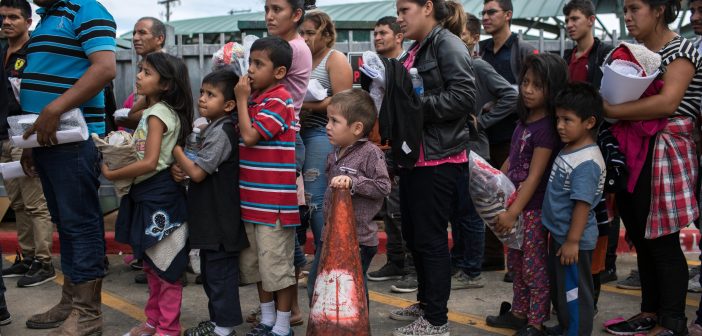India’s passport has recently been ranked 85th on the Henley Passport Index, a position that reflects a troubling reality for a nation of its size and global standing. Despite its growing economy, technological advancements, and international influence, Indian passport holders continue to face stringent visa requirements from numerous countries. This ranking is indicative of a broader issue: the persistent perception of Indian nationals as potential illegal migrants, which has led to restrictive visa policies.
The roots of this problem can be traced to unchecked illegal migration by certain groups from specific Indian states. Over the years, incidents involving visa overstays and unauthorized employment in foreign countries have led to heightened scrutiny of Indian travelers. These actions, often driven by economic disparities and the lure of better opportunities abroad, have prompted many nations to adopt stricter visa regulations for Indian nationals.
While India has made significant strides in various sectors, the issue of illegal migration continues to cast a shadow on its international reputation. Countries view the potential for illegal immigration as a significant risk, leading to tighter controls and more rigorous visa requirements for Indian citizens. This perception affects not only individual travelers but also the broader scope of international relations and economic partnerships.
The impact of these restrictions is far-reaching. Indian travelers face lengthy and expensive visa application processes, limiting their ability to travel freely for tourism, business, or education. Moreover, the stigma attached to Indian nationals as prospective illegal migrants can hinder international collaborations and affect the country’s soft power on the global stage.
Addressing this challenge requires a multifaceted approach. The Indian government needs to implement stricter controls on illegal emigration and enhance awareness about the legal avenues available for migration. Diplomatic efforts must be intensified to negotiate more favorable visa conditions for Indian citizens, emphasizing the nation’s commitment to lawful travel and bilateral cooperation.
In conclusion, the low ranking of the Indian passport is a wake-up call to address the underlying issues of illegal migration and to work towards changing the global perception of Indian travelers. By fostering a culture of legal migration and strengthening international ties, India can aspire to improve its passport strength and restore the confidence of countries that currently view its nationals with suspicion.





